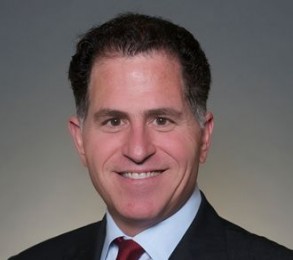 Beancounters at Morgan Stanley are not that happy with Michael Dell’s plan to reverse merge his company into VMWare.
Beancounters at Morgan Stanley are not that happy with Michael Dell’s plan to reverse merge his company into VMWare.
While the prospect of VMware merging with Dell Technologies has intrigued the broader market, Morgan Stanley analysts insist the “reverse merger” would be the worst option for VMware shareholders.
It is only one of the plans which have been mooted for Dell Technologies, including a Dell IPO or it acquiring the rest of VMware.
The VMware performing a reverse merger on its controlling firm idea has been questioned by Morgan Stanley analysts Keith Weiss and Sanjit Singh in a note issued to the market.
Weiss and Singh warned investors about the plan and stated that a merger is the “worst-case scenario” for VMware shareholders.
VMware is traded publicly, and a merger would take Dell public without putting the company through an initial public offering.
According to the report, the reverse merger would have tax benefits for Dell and give the company access to VMware’s cash, but it would have a negative impact on VMware’s shareholders.
Analysts at Morgan Stanley project that a combined company would devalue VMware by $28 billion — considerably more than the $500 million to $600 million annual taxes Dell will face if it continues to operate under its existing structure.
The analysts concluded that the reverse merger is the least likely of the strategic options Dell is pursuing, with an IPO or staying private considered better options.






